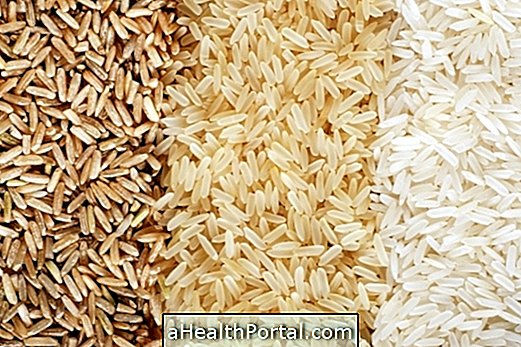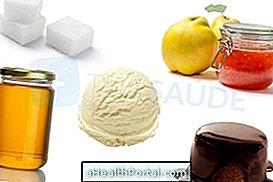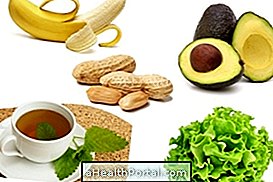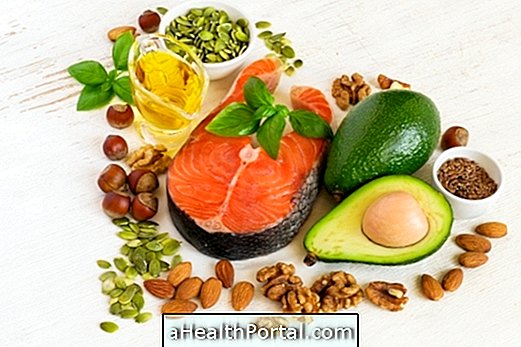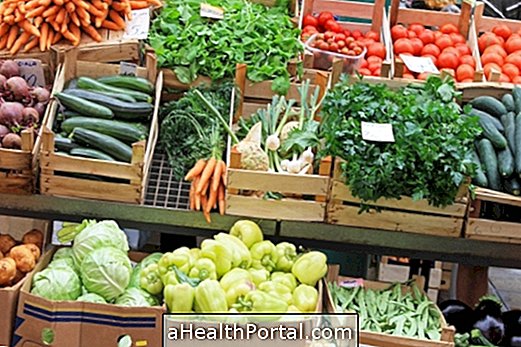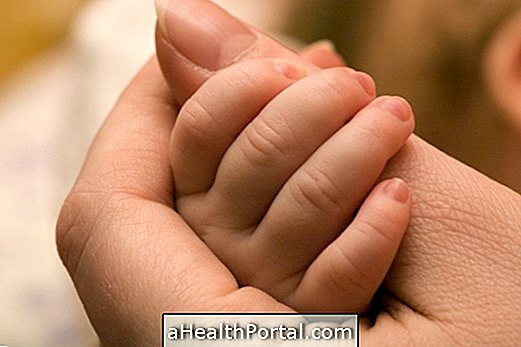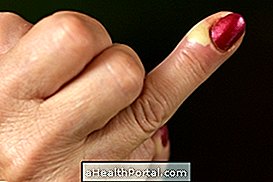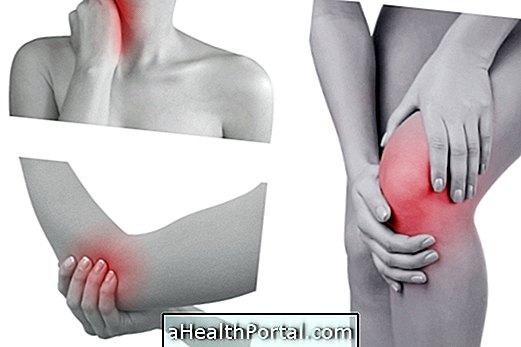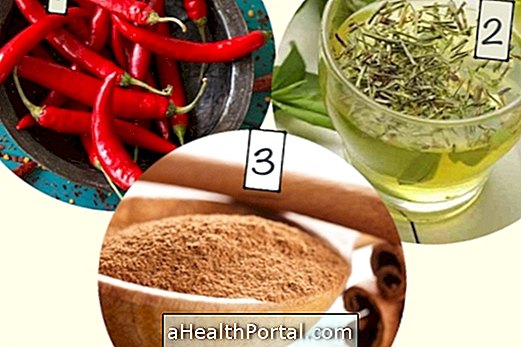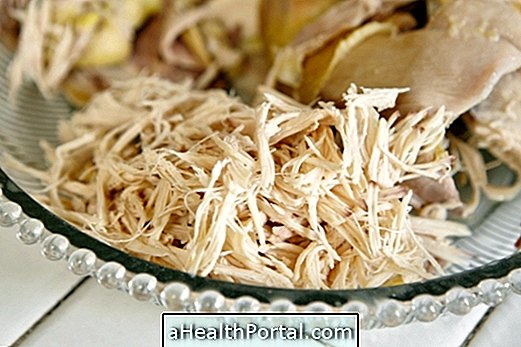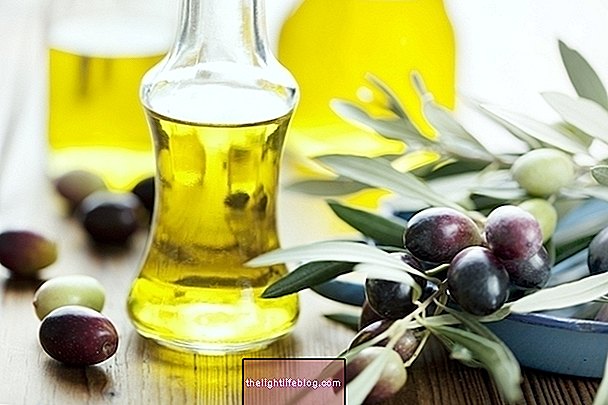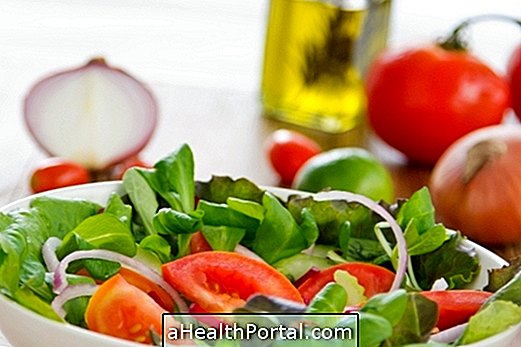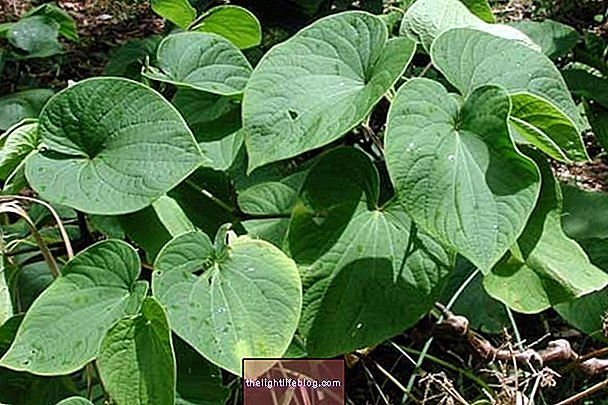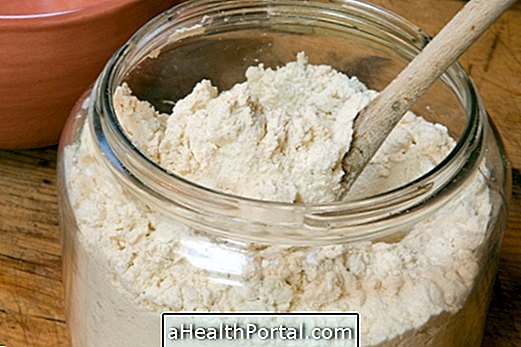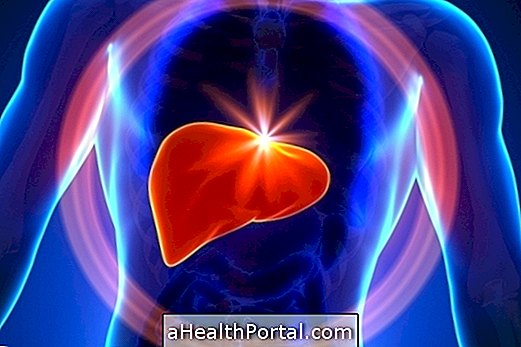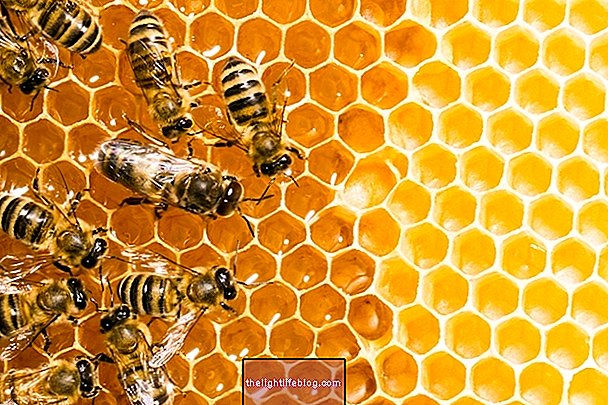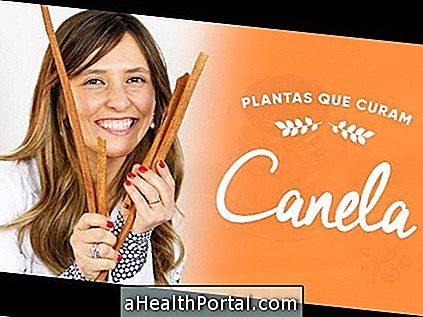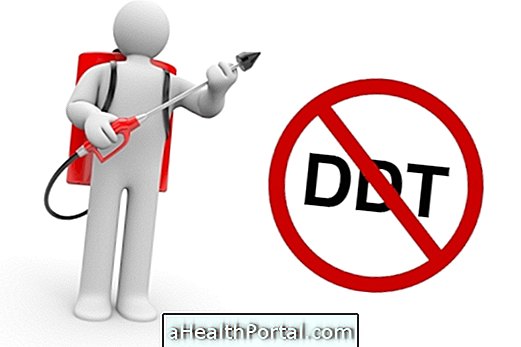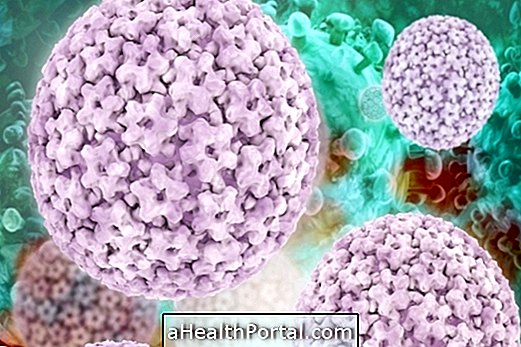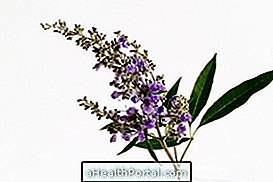During cancer treatment, discomforts such as dry mouth, vomiting, diarrhea, and hair loss may occur, but there are some strategies that can be used to alleviate these discomforts through eating.
The diet for these patients should include nutritious foods like fruits, vegetables, meats, fish, eggs, seeds and whole grains, giving preference to organic foods. However, in some cases supplementation is necessary to ensure that the patient receives all the nutrients he needs and the advice of a nutritionist or physician is critical.
Here's how to relieve the side effects of chemotherapy through eating:
1. Dry mouth
Drink small sips of water several times a day and avoid sugary drinks like sodas, as they cause even more thirst. You can also use strategies such as putting small blocks of ice in the mouth, made with water or natural fruit juice, and eating foods that dissolve in the mouth, such as gelatin.
2. Vomiting
To avoid vomiting one should eat and drink in small amounts, in addition to avoiding very hot foods, as they stimulate the reflex of vomiting. The ideal is to eat before or wait at least 1 hour after chemotherapy, and should not drink liquids along with food or lie down right after meals. You should also avoid foods with a very strong smell or foods that are too spicy and difficult to digest, such as pepper, fried foods and red meats, so that they do not cause nausea and do not trigger the urge to vomit.
3. Diarrhea
To control diarrhea, the patient needs to eat easily digestible, fiber-poor foods such as cooked rice and pasta, vegetable puree, cooked or baked fruits, fruit compote, rice or cornmeal porridge, white bread and plain crackers. Avoid greasy foods such as red meats and fried foods, raw vegetables and whole foods, as the fibers of these foods accelerate the intestinal transit and favor diarrhea. See more tips on What to Eat in Diarrhea.
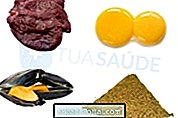


4. Constipation
Unlike diarrhea, constipation should increase fiber intake and whole foods such as flaxseed, oats, chia, whole grains, bread, rice and pasta, fruits and vegetables, especially raw salads. Along with fiber intake, it is very important to drink plenty of water as it is the fiber + water set that will help to accelerate the intestinal transit. In addition to eating, physical exercise, even just stretching or light walking, also helps control constipation. See more about Constipation and Constipation Foods, what to do ?.
5. Anemia
To treat anemia, foods rich in iron and folic acid, such as meats, liver, beans, and dark green vegetables, should be eaten. When consuming these foods, one should also eat citrus fruits, such as orange and pineapple, as they favor the absorption of iron in the intestine. See more about What to Eat for Anemia.
6. Hair Loss
Some foods that help control hair loss are rice, beans, lentils, soybeans, apple cider vinegar, rosemary, seafood and milk and dairy products. These foods are rich in proteins and minerals that help strengthen hair, as well as increase blood circulation in the scalp, which helps nourish hair and prevent hair loss. See other tips on food against hair loss and how to make hair grow faster after chemo.
